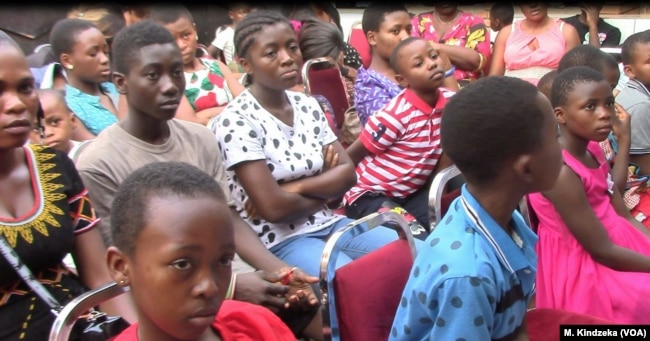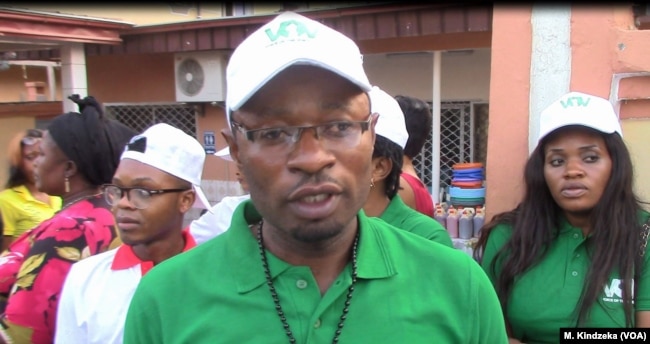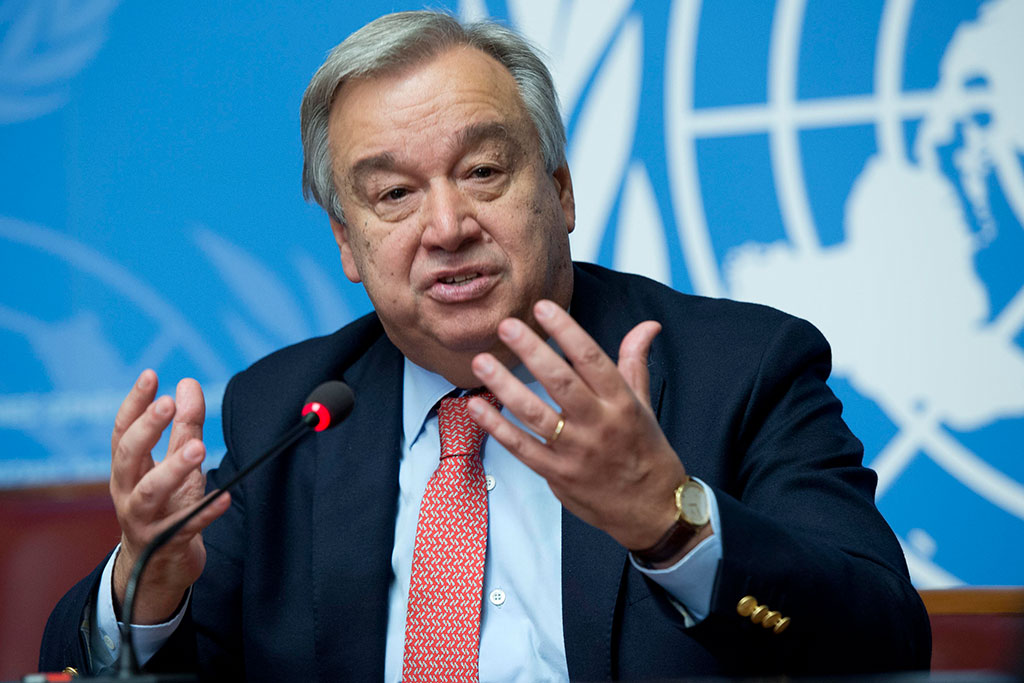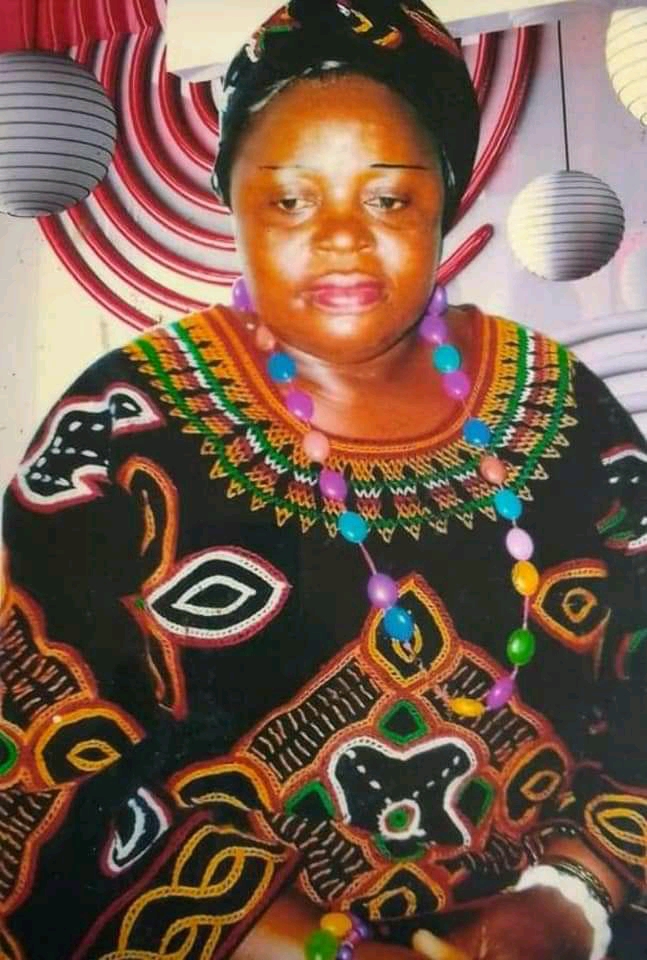Cameroon is struggling to get humanitarian aid to hundreds of thousands of people who fled areas of separatist unrest, some of them trapped by the fighting. Meanwhile, authorities’ calls for separatists to disarm and be pardoned are failing as rehabilitation centers remain empty.
A group of twelve kids gather water in the early morning hours in Cameroon’s capital.
Ndum says some of the children can’t find their parents, and she couldn’t let them live on the streets, but the burden is becoming too much.
Forty-five-year old Gwendoline Ndum took in the children a few weeks ago after they fled her home town of Mbengwi.
Many of the kids had walked for days in the bush to escape fighting between Cameroon security and anglophone separatists.
She says she can no longer afford to pay the water and electricity bills or buy chicken, meat or fish. A 50-kilogram bag of rice hardly lasts for two weeks, says Ndum, because they eat only rice for breakfast, lunch and dinner.

Cameroon’s government this week said it was assisting more than 60,000 internally displaced people in the separatist areas – the English-speaking northwest and southwest.
But the United Nations estimates that over 430,000 people have been displaced by the conflict.
Cameroon authorities say they are unable to reach most of the displaced in need because many have fled to remote areas and are trapped by ongoing fighting.
Most independent help is limited to government-controlled areas.
A woman prays for peace as about a hundred displaced people help the aid group Voice of the Voiceless collect donations of food, clothing, and bedding.
The group’s Christian Chindo Ngong says the displaced are helping each other because they know what it’s like to have nothing. He says Cameroon’s government must also do more to help – it should end the conflict.

“The government should listen to the people, organize a dialogue, I mean an inclusive dialogue, so that we can see the end of this thing. Because no matter what we give the people, it can never make them happy. The only happiness that these people can achieve is to see their homes again.”
Culled from Voice of America Website






1 comment
A bunch of thieves, bandits, criminals calling themselves a government.
Let me see, which one is worst, LRC creating the IDP or LRC helping the IDP that it has and is created?
When fools try to present themselves as smart, only they themselves never realizes they look even more stupid.